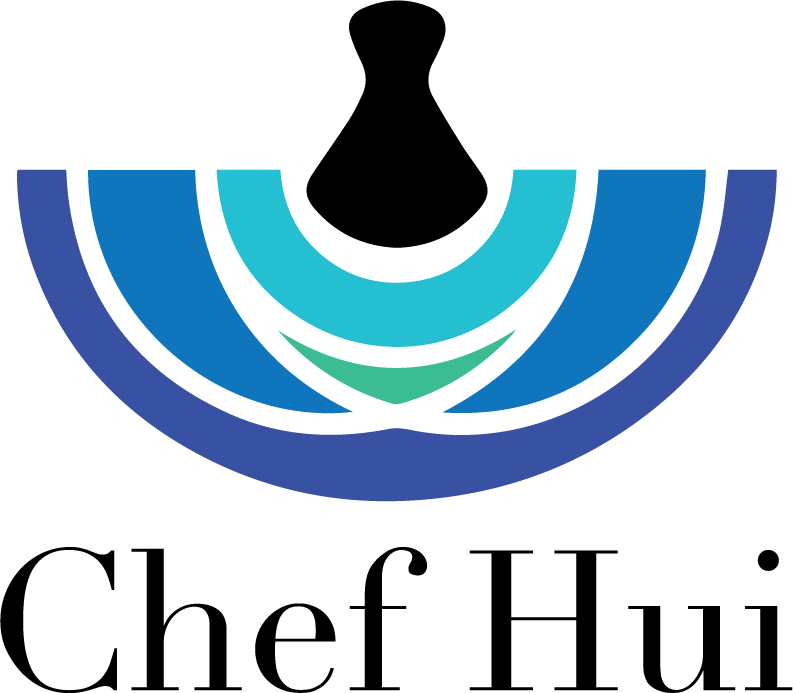Welcome Back Tourism?
Yesterday was the day tourists were officially invited back to Hawaiʻi by Governor Ige. A gesture that has local business owners feeling torn.
On the one hand, an increase of tourism will probably mean an increase in sales. On the other hand, it means the continuance of a dependency on tourism.
What does that mean, really?
Last week the Hawaiʻi Book & Music Festival presented a discussion with the authors of the book "Detours: A Decolonial Guide to Hawai'i."
This guide is not an invitation, but an education for tourists and kamaʻāina alike on the complex history of Hawaiʻi using phrases such as "settler colonialism" and discussing what it means to have place-based responsibility or accountability.
Instead of luring travelers with images of white sandy beaches, palm trees and mai tais, it reveals how tourism and land development have erased sacred places and displaced Native Hawaiians.
It seeks to interrupt tourismʻs narrative of what Hawaiʻi is, informing readers that there are places in Hawaiʻi not intended for visitors and that "aloha does not mean ʻan unconditional open door.ʻ"
As we welcome back travelers, maybe even our own family members coming to visit for the holidays, can we find ways to decolonize their experience and expectations?
Maybe you still greet them with their anticipated mai tai, but maybe over drinks, you find ways to slide in a nugget or two of history that enables them to have a different experience this time around? Maybe a more thoughtful experience that enables personal transformation versus viewing Hawaiʻi as a playground for them to consume.

